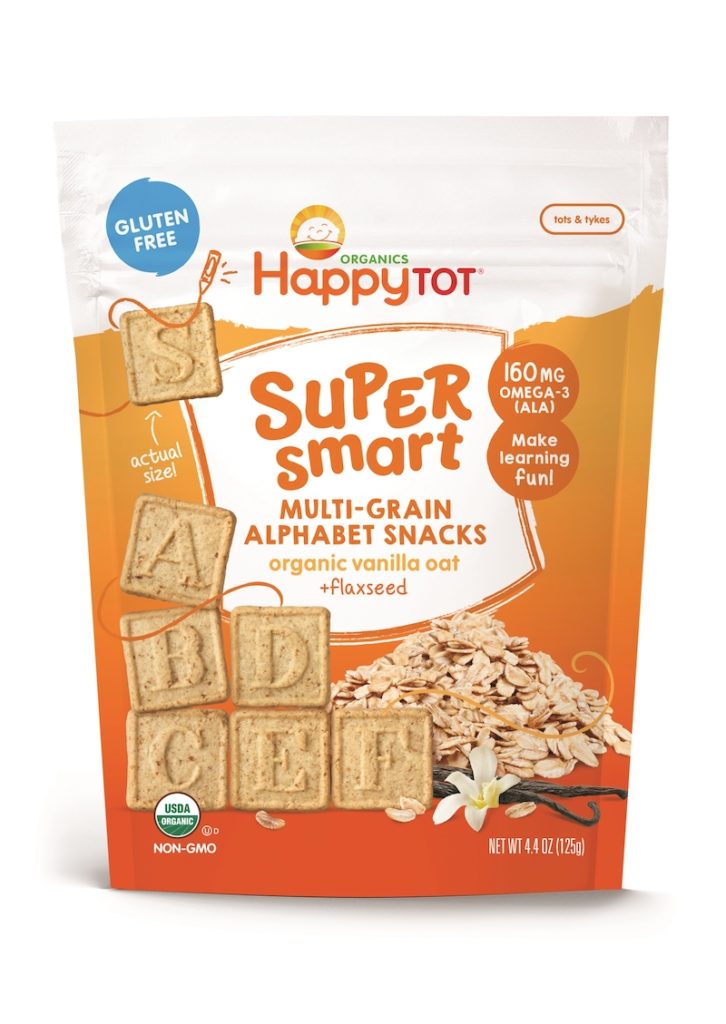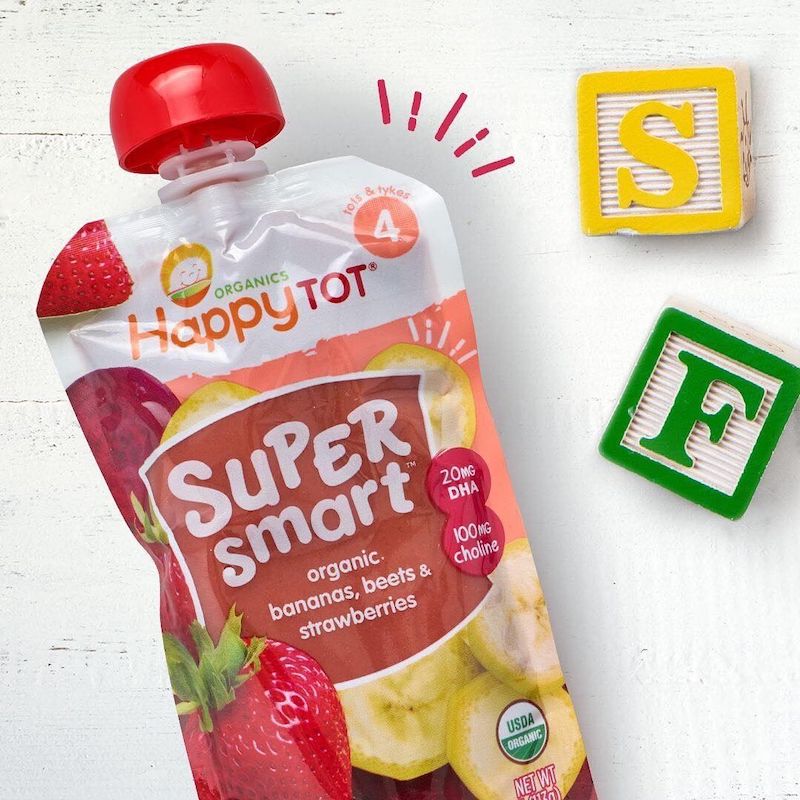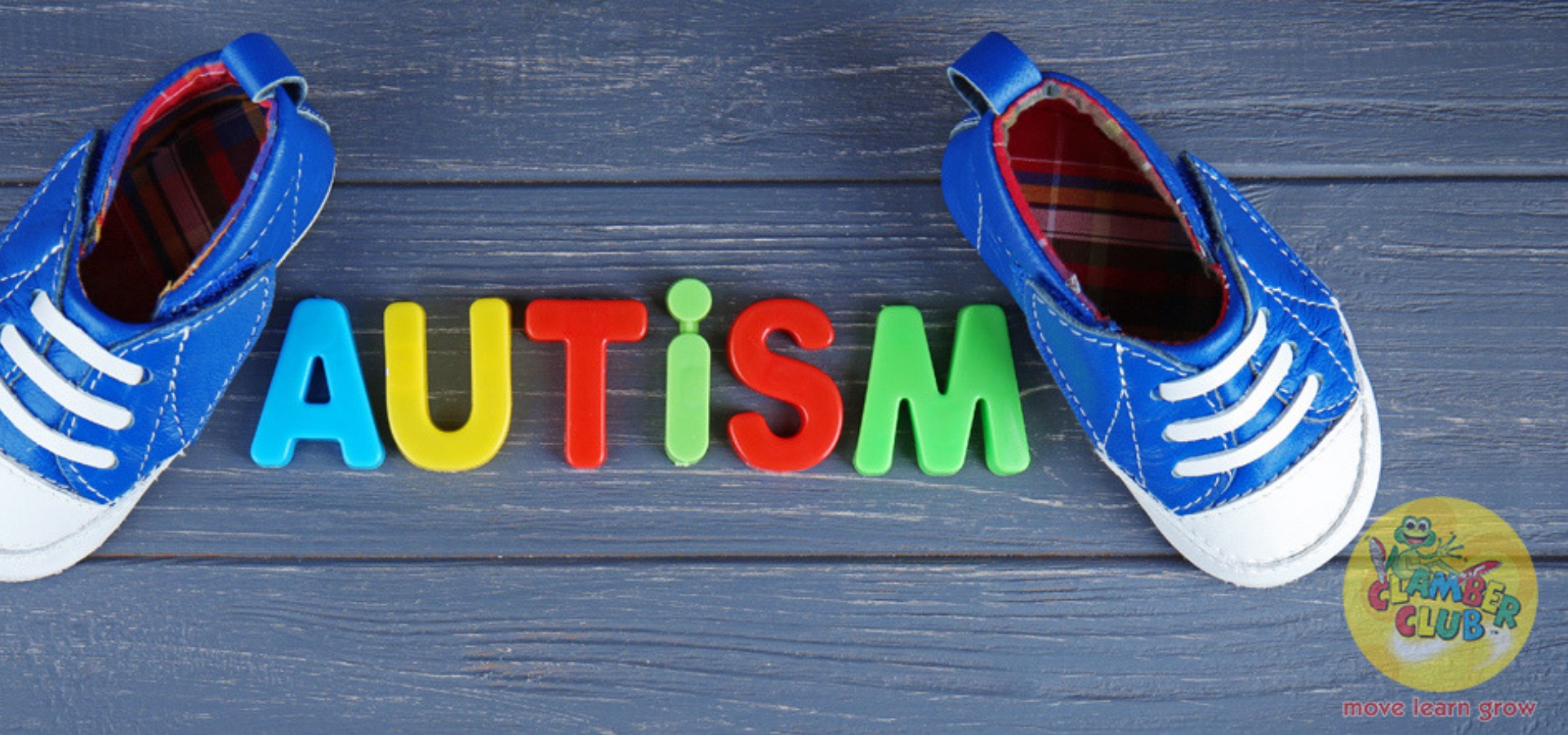What to Know
- Learn why fiber is critical for your health
- How much fiber you need by gender and life stage
Dietary fiber comes from plants: think fruits, vegetables, grains, legumes, beans, nuts and seeds. Diets higher in fiber can help lower cholesterol, control blood sugar, maintain bowel health, manage constipation and help promote a healthy weight. In fact, in epidemiological studies, populations with higher dietary fiber intakes tend to have lower chronic disease rates overall. A higher fiber intake provided by foods like fruits, vegetables, legumes, and whole- and high-fiber grain products is likely to be lower in calories, fat and added sugar.
There are two categories of dietary fiber: soluble and insoluble. Most plant foods contain both types. Soluble fiber dissolves in liquid and forms a gel in our stomachs, so it can bind fats and can help reduce cholesterol as well as it can slow down the absorption of sugars, helping normalize blood sugar. Good sources include oat bran, barley, peas and beans, nuts, seeds, and most fruits and vegetables. In addition to oat bran, psyllium husks and chia seeds are especially high in soluble fiber—if you’ve ever stirred them into a liquid, you know just how gelatinous they get! Insoluble fiber, on the other hand, doesn’t dissolve in liquid but will actually absorb liquid, so it adds bulk to stool and helps keep digestive waste moving along. Good sources include wheat bran, whole grains, nuts, beans and vegetables.
Both soluble and insoluble fiber are considered together in dietary fiber recommendations. Your daily recommendations for adequate intake of dietary fiber vary by age, gender and life stage. While these recommendations apply to most people, if you have certain digestive or bowel disorders (either acute or chronic), your healthcare provider might have asked you to reduce the amount of fiber in your diet.
- Children 1 – 3 years require 19 g
- Children 4 – 8 years require 25 g
- Girls 9 – 13 years require 26 g
- Boys 9 – 13 years require 31 g
- Adolescent girls 14 – 18 years require 26 g
- Adolescent boys 14 – 18 years require 38 g
- Women 19 – 30 years require 25 g
- Men 19 – 30 years require 38 g
- Women 31 – 50 years require 25 g
- Men 31 – 50 years require 38 g
- Women 50 – 70+ years require 21 g
- Men 50 – 70+ years require 30 g
- Pregnant women require 28 g
Note that the fiber requirements for babies under 1 year are not well studied.
Fiber is particularly important during pregnancy and postpartum when constipation can be a common complaint. In addition to dietary sources, fiber supplementation may be very useful.
What to Do
Eat a variety of fruits, vegetables, legumes and whole grains as part of a healthy diet
Unless medically advised to reduce your dietary fiber, use the Dietary Guidelines for Americans as your guide for quality and portions of your food choices. This will make it easier for you to get ample dietary fiber without having to pay much attention to specific fiber amounts.

Talk to a Happy Family Milk Mentor about how to increase your dietary fiber intake if necessary.
Choose more often wholesome foods like whole grains, legumes, fruits and vegetables.
These are not only higher in fiber they are also more nutrient dense than their refined counterparts.
Include whole plant foods when introducing solid foods to your baby
Introduce your baby to fruits, vegetables, legumes and grains (in appropriate textures for your baby’s development) as part of a varied, healthy, high fiber diet. Talk to your pediatrician about how much fiber is right for your child.
Consider fiber supplementation as needed

If you need fiber supplementation because you are experiencing constipation or because softer stools would be of great benefit (such as if you are postpartum and recovering from a c-section or repair of an episiotomy or tear), you have options.
Fiber supplements include psyllium, methylcellulose, and wheat dextrin. You can also simply add wheat bran, oat bran or ground flax seeds to your salads, oatmeal or smoothies.
Always consult with your healthcare provider before taking anything new.
Drink enough fluids
While increasing fiber is normally a good thing, without increasing water at the same time you may become more constipated. So be sure to drink plenty of fluids to stay hydrated as well as keep your bowels moving regularly.
Click here to find Happy Family Organics SA on Facebook
Click here to follow Happy Family Organics SA on Instagram
- Why vitamin D matters for babies, tots and mothers - April 25, 2023
- Why fiber is essential to every diet - April 19, 2023
- TRANSITIONING TO A NEW NAP PATTERN - March 8, 2021






6 thoughts on “WHY FIBER MATTERS FOR BABIES, TOTS AND MAMA”
What a comprehensive article on fibre dietary, Thank You! Definitely going to add some of those natural options to my diet and MORE WATER. Your last paragraph really struck a chord with me… we can do everything right in terms of increasing the fibre in our diet but if we’re not drinking water we’re still going to get constipated. That’s probably been the missing link for me lately. Thank You for this important reminder.
I agree. Fiber is very important and it is good and healthy. There was a time that I switched to oats that don’t have so much fiber in and it actually made me bloated. When I switched back to my fiber cereal things changed again in my favour.
dietary fiber is very important for being healthy, nowadays junk food has taken the front seat so many people suffer from . problems like obesity, constipation, high cholesterol, heart diseases etc. Its essential to maintain the right balance in our diet
True, fiber is so vital for our bodies. It has so many health benefits and helps in weight loss and giving that filling feeling too. Thanks for sharing this useful and informative post.
It is amazing what a huge role diet plays in our lives. And of course it makes sense that people of all age groups must get their daily quota of it from various sources. I just wondered – can psyllium husk be given to kids? I know some digestive cookies include it these days. Thanks for the info on age-group-wise requirement of fiber. One of the biggest advantages of fiber is also weight management. Keeps us healthy!
Excellent information on soluble and insoluble fiber. It’s a wonderful reminder to add them to my diet as well. I like eating wholesome food and make sure my baby is also eating them. He enjoys different tastes and textures.